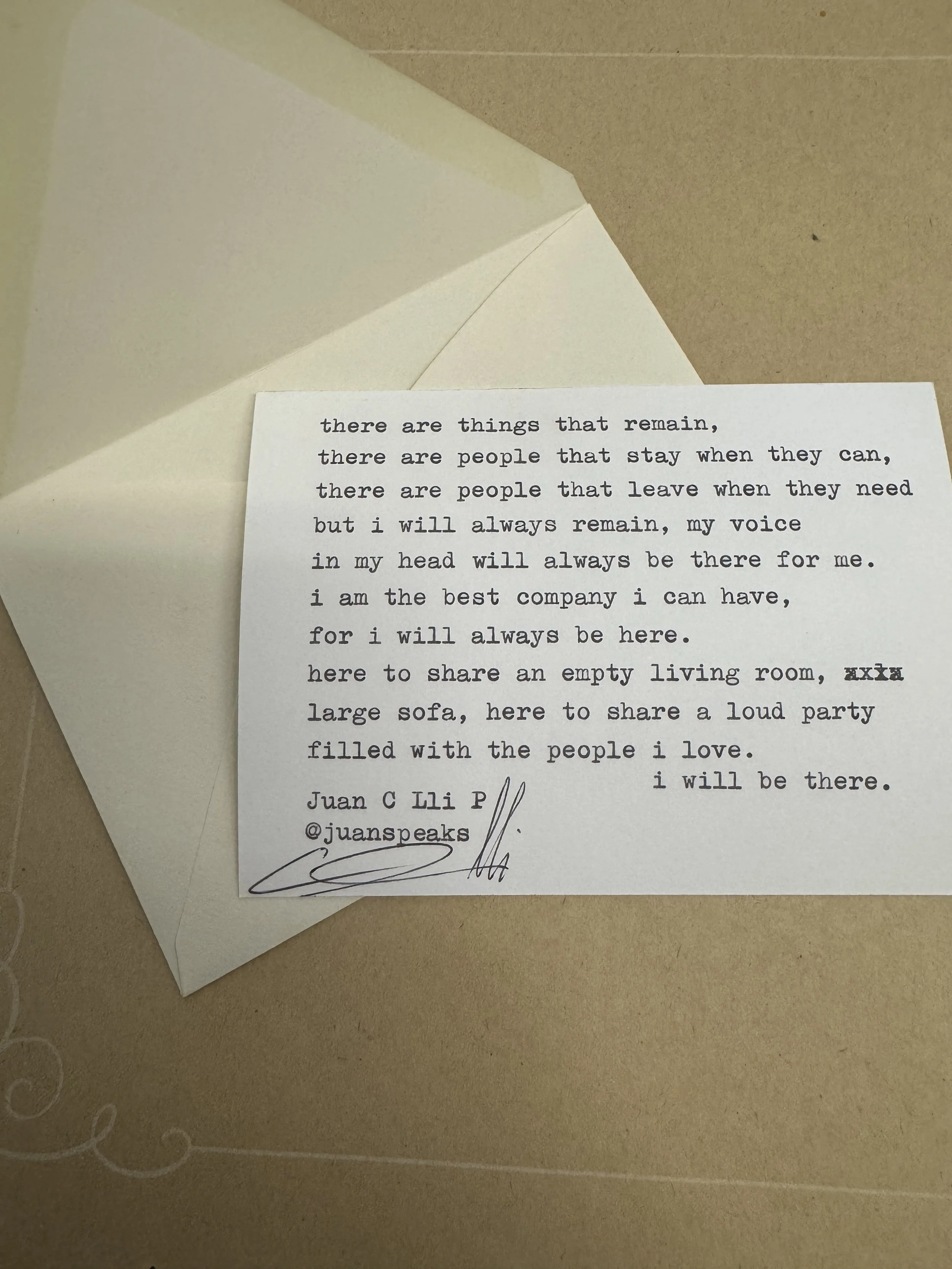From Party Girl to Private Life: How Friendships Shift With Age
/I’ve been unsettled the past few weeks—not furious, but wrestling with a reality that has me questioning many things I once believed to be true.
It’s no secret that over the years, the number of friendships dwindles while the strongest ones remain. I have several that span decades. I’ve always believed that people stay in your life for a season, a reason, or a lifetime.
A few months ago, I started reflecting on friendships and came across the term “fringe friend.” This is the person who isn’t always invited to every event, yet they’re the best listener, the one who plans outings and puts effort into bringing everyone together—without always receiving the same energy in return. They’re left on the “fringes.”
I realized that in some groups, I’m that friend. I’ve made the effort for many reasons but have rarely seen much come back from it. I think about one friendship during COVID that faded away. Before the pandemic, I would call this person every day during my 40-minute commute. When the commute stopped, so did the calls—and they never called or texted to check in.
There’s also this assumption that because I don’t have kids, I have endless time to nurture friendships. But it can be exhausting to be the one constantly keeping the connection alive. I appreciate even the smallest gestures. One friend from college calls me weekly, and if we go too long without talking, he’ll check in. He has a wife, two kids, and a full-time job. Another friend, a stay-at-home mom with two young kids, plays phone tag with me regularly—and I appreciate that effort. It reminds me of a quote I saw recently: “Nobody is too busy; it’s a matter of priorities.”
Perception, I’ve learned, is everything. In my 20s, I dated a lot. I met new people regularly, went on plenty of dates, and shared my cringe-worthy dating stories online. I also had friends-with-benefits situations. Part of me avoided vulnerability in relationships, while another part of me was lonely.
One thing people remember about me from that time is my tendency for the “Irish goodbye.” If I was tired or bored at a party, I’d leave—sometimes to go home, sometimes to meet up with someone I was seeing casually. I had no problem meeting someone at a bar, striking up a conversation, and making out in front of people I knew. Looking back, I cringe—but it’s out of my system, and I don’t feel like I missed out on anything.
Fast forward 11 years. When I was contemplating divorce, someone said, “Don’t worry, you’ll be fine. You were so good at dating before.” That comment shook me because I actually hated dating. Meeting man after man, dealing with insecurities, inappropriate behavior, and political differences—it wasn’t appealing. Apps only made it harder, with the “next best thing” just a swipe away.
I wasn’t approaching dating the same way as before. I had been a wife, and I enjoyed that role. I loved cooking, having a full home, and feeling safe next to someone. Granted, the last few years of my marriage were unhappy—but I still valued companionship. When I re-entered the dating pool, I was upfront about wanting marriage, children, and not being interested in “fixing” someone’s life.
I think some friends still saw me as the reckless dater from years past. But I was different—more private, more intentional, and meeting men who wanted exclusivity quickly. Still, a situation after my breakup with “the teacher” made me realize how I was perceived. At a pool party, I mentioned to someone that I was single, and another person started encouraging me to pursue a man there. He wasn’t my type and was clearly drunk, but the pressure kept coming. Eventually, I felt so uncomfortable I left.
It hit me that some people still saw me as the party girl who made out with strangers. That stung. A more recent incident reinforced the feeling that these weren’t the close friends I thought they were. If someone leaves a room and others immediately speak negatively about them, those aren’t true friends. Real friends assume the best, defend your character, and address concerns directly while still making the effort to stay connected.
I know I’m venting, but it’s because I’m disappointed.
Last weekend, at a birthday celebration for my sorority sister, there was a poet for hire. We spoke about friendships, and he wrote me a beautiful note that got me thinking.
As a Gemini, I thrive on social connections—game nights, big groups, dinner outings, and being around people. But I’ve realized that quality relationships may now look smaller, more private, and stronger. That’s okay. Big groups often fade as life fills with kids, careers, and relationships.
I love to travel, and I’ve learned not to wait on others to plan trips with me. If I want to go, I go. People sometimes say I’m “always traveling,” but it’s simply the life I want to live.
Good friends will come and go, but the real ones will stay and grow alongside you. They understand that every season brings change, and they’re not afraid of that shift.
I’m not who I was 15 years ago—or even last year. Therapy and hard-won self-awareness have reshaped me into someone who values peace over proximity, quality over quantity. I no longer chase connection for the sake of filling space.
These days, my friendships may be fewer, but they are richer. I seek people who cheer for me in rooms I’m not in, who trust my intentions, and who meet effort with effort. That’s not too much to ask—it’s simply what real friendship looks like.
So if that means I’m on the “fringe” for some, I’m fine with it. I’d rather stand at the edge with authenticity. My circle may be smaller, but it’s full of people who see me, support me, and stand beside me—and that’s worth everything.


